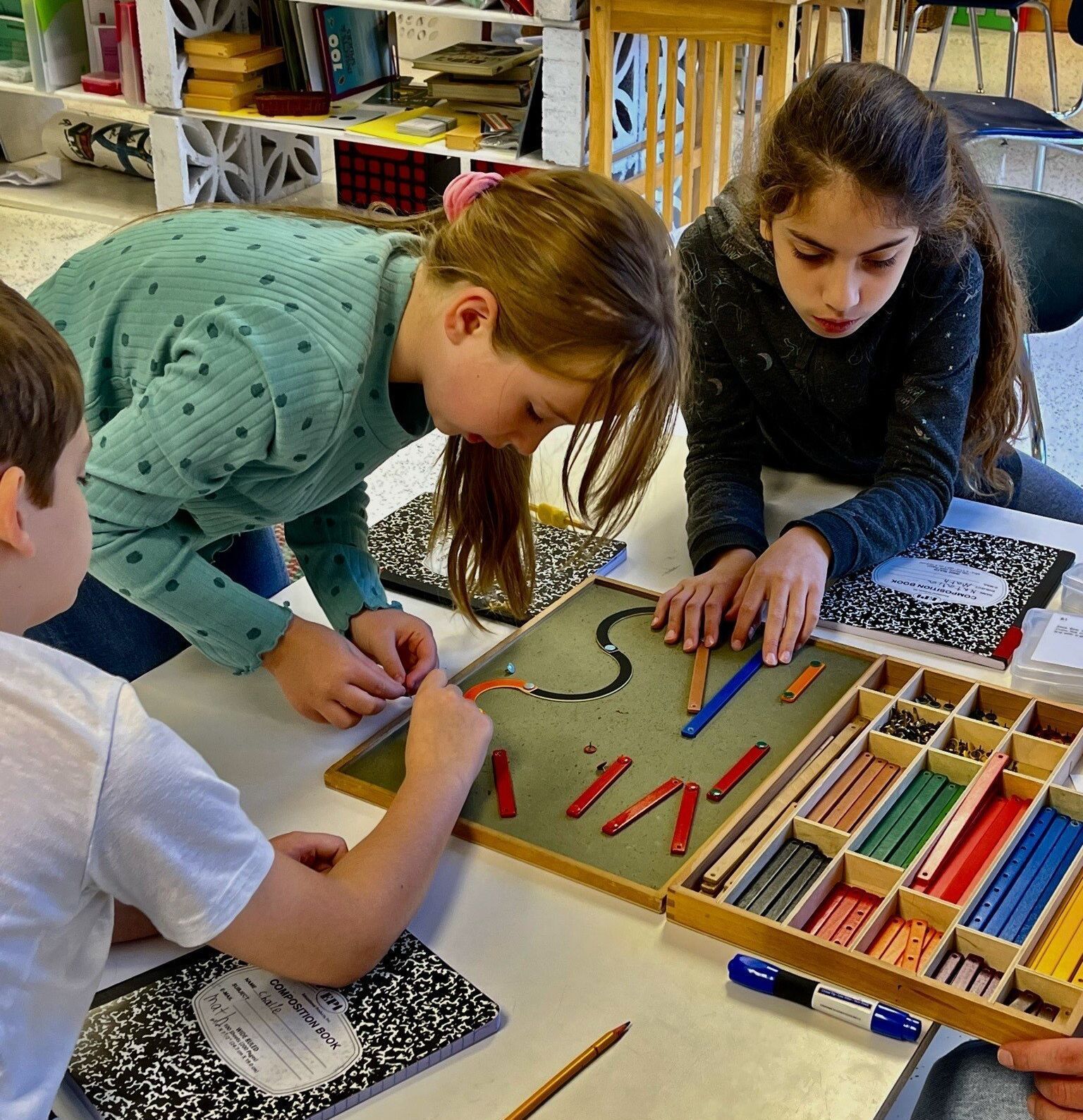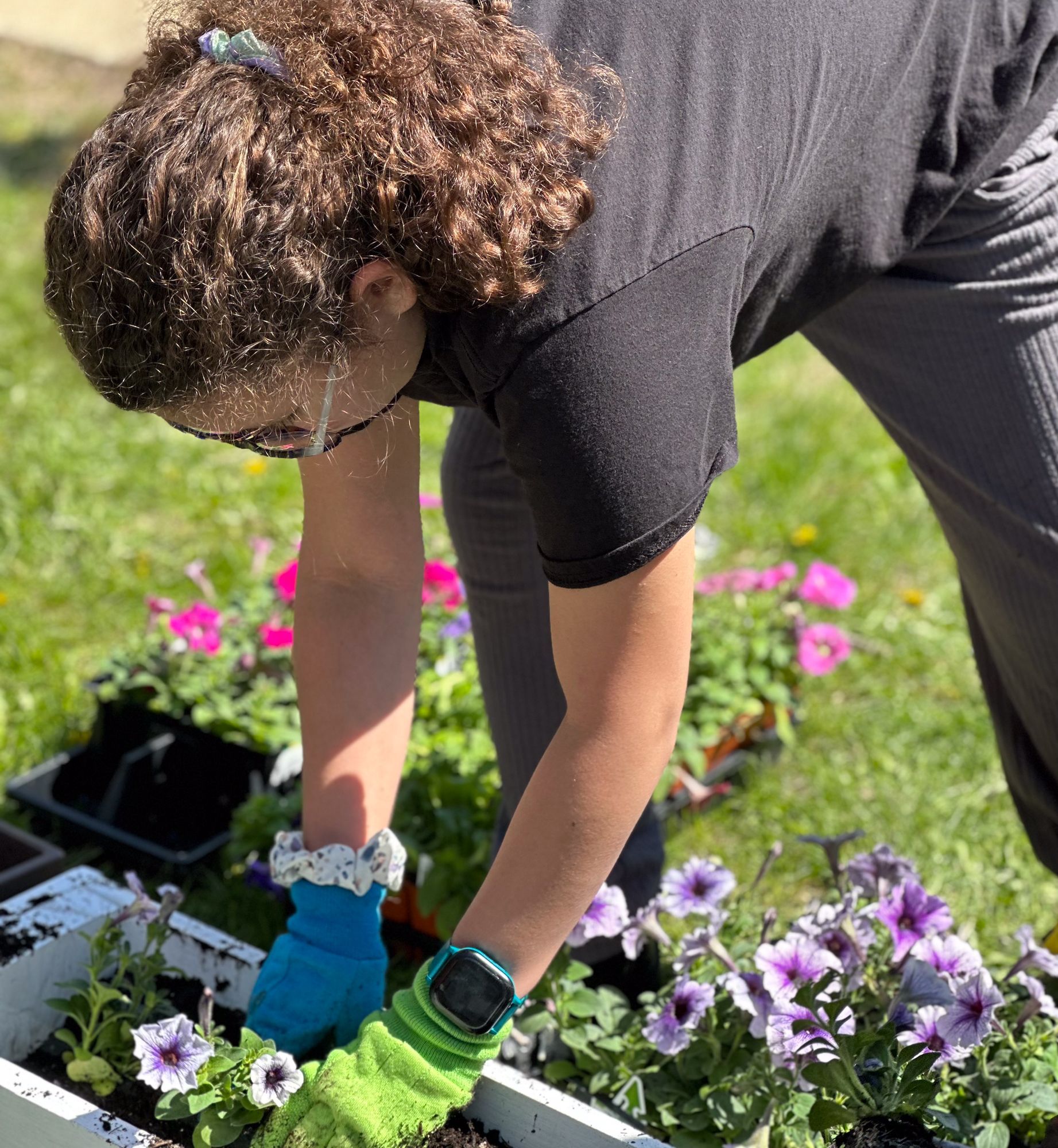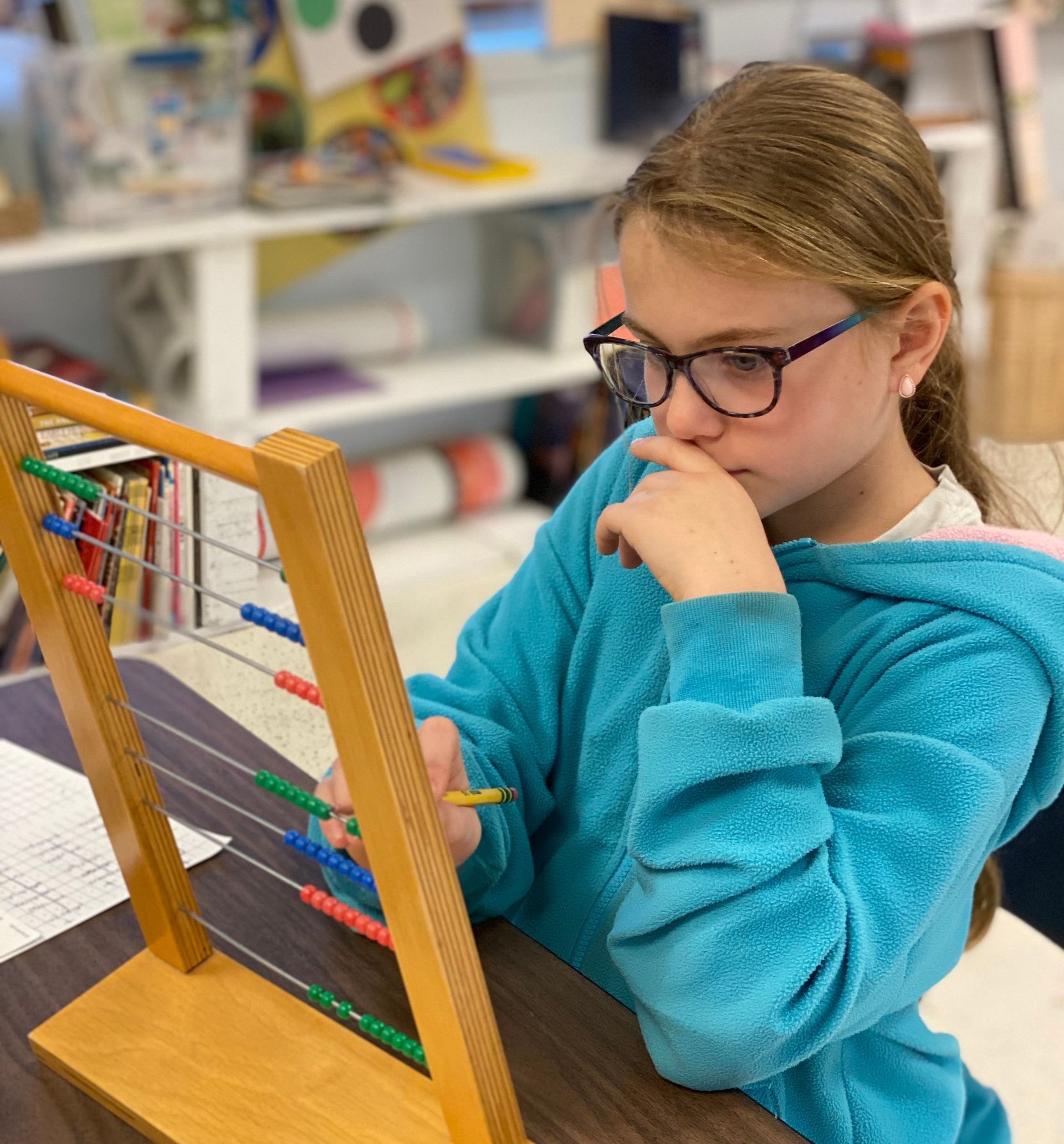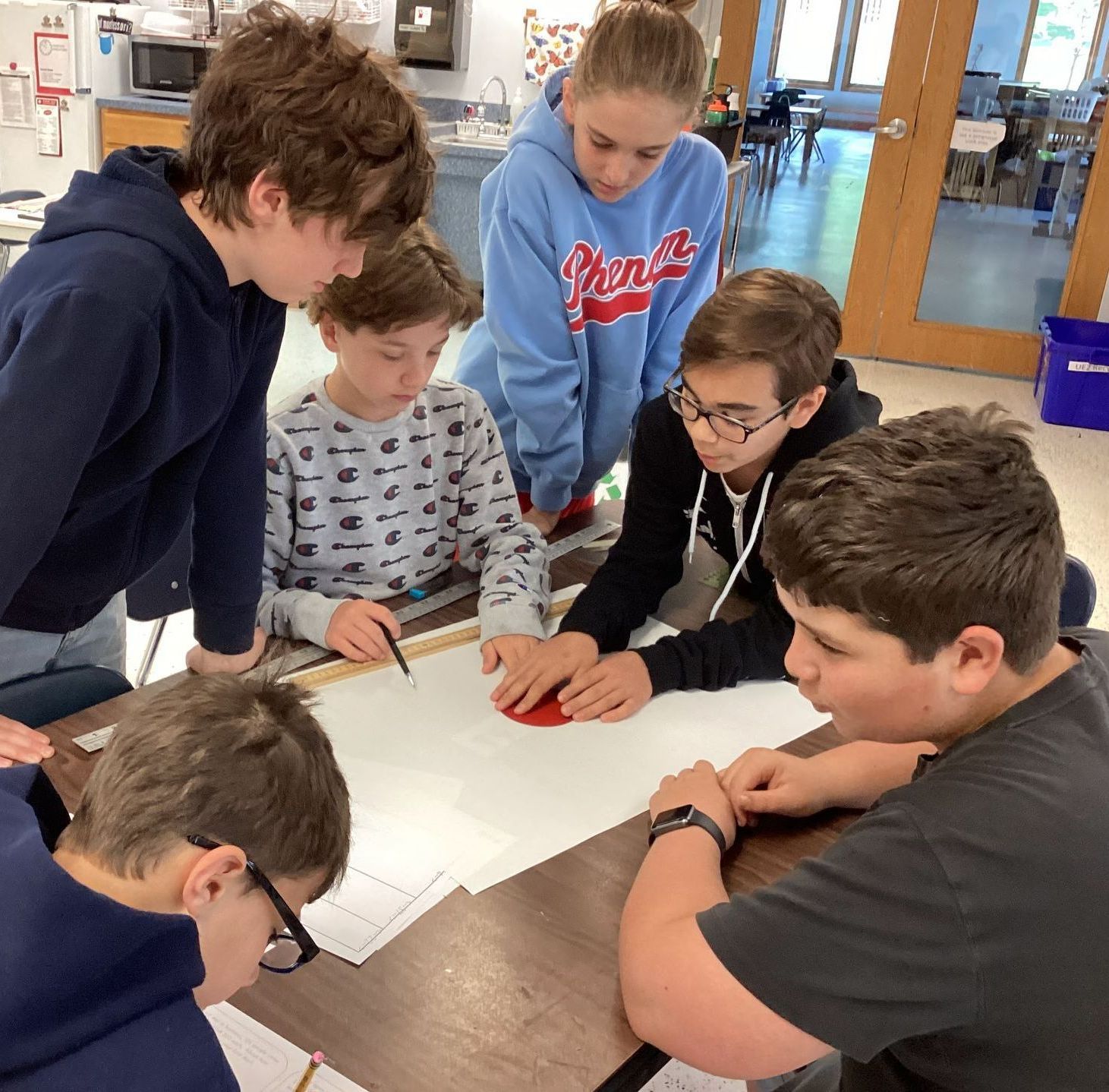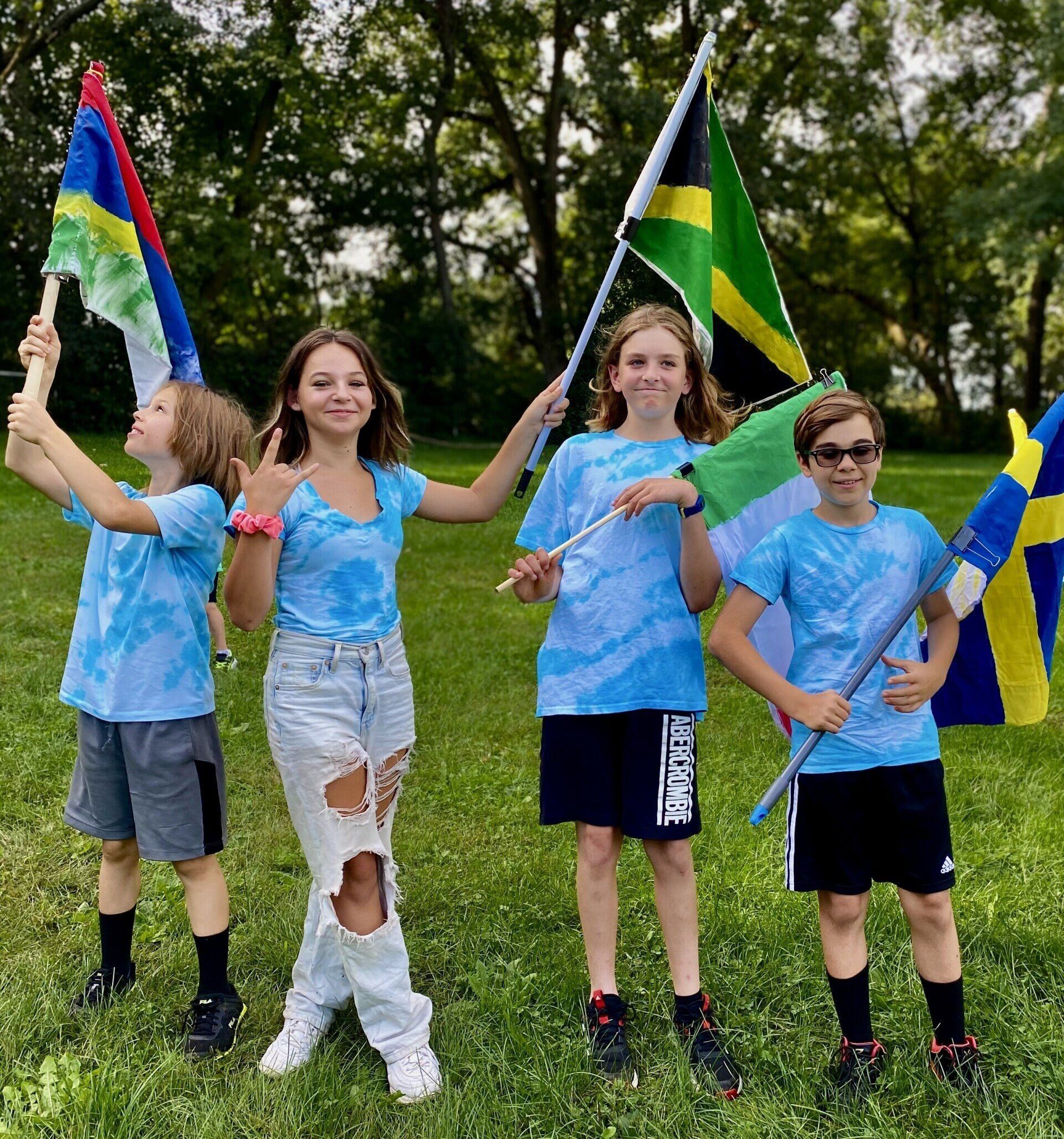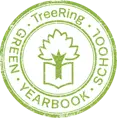Upper Elementary
Flexibility, perseverance, and resilience are the hallmarks of a growth mindset, fostered through independent study and collaborative efforts with peers, where students apply creativity and critical thinking skills to analyze and solve real-world problems.
Learning to Think
Dr. Maria Montessori’s vision of “cosmic education” and the global mindset of “The Five Great Lessons” introduced in Lower Elementary continues here with the study of social justice issues from both current and historical perspectives, as well as developing ecological awareness of the human impact on our planet and on other people around the world.
Elementary benchmarks are aligned with the State of Illinois Common Core Standards for English Language Arts and Mathematics, the Illinois Next Generation Science Standards, and the revised Illinois State Social Science Standards
Building Independence, Flexibility, and Resilience
Our Upper Elementary Program spans the traditional grades of fourth through sixth in a multi-aged classroom designed to meet the specific needs of children age nine through twelve. This continuum of development builds upon the knowledge, skills, and dispositions acquired in Lower Elementary, nurturing independence in both thought and action.
Our AMS and AMI-credentialed Montessori teachers are life-long learners who possess a broad understanding of all curricular areas. Serving as guides, teachers strategically facilitate inquiry-based learning, encouraging the exploration of each student’s unique interests, building the knowledge and skills necessary to deepen their conceptual understandings of our universe, humanity, and history.
Learning in Context for Deeper Understanding
In Upper Elementary Students deepen their understanding of the sciences and humanities, often examining concepts that extend beyond a traditional Elementary curriculum. Unlike traditional settings, where each subject is taught in isolation, the Montessori curriculum integrates all academic areas, incorporating hands-on learning whenever possible. Students develop inquiry, research, and communication skills while making connections between academic disciplines in the context of a real-world problem, current event, or global issue.
Daily Schedule
Classes begin at 8:30 a.m. with dismissal at 3:30 p.m. Physical Education classes are taught daily in our gym by a physical education instructor. Art, Music, and Spanish taught by specialists are an integral part of CLMS curriculum. Children bring their own lunches. Lunch is eaten together, family style, with their teachers. This is a wonderful opportunity for the children to practice manners, courtesy, and social skills.
Learning Beyond the Classroom
The Upper Elementary students take several off-campus field trips during the school year including a week-long trip to Nature’s Classroom in Waukesha County, Wisconsin. The students also participate in local volunteer opportunities, the school play or musical, Thanksgiving Feast, and Spring Science Fair.


